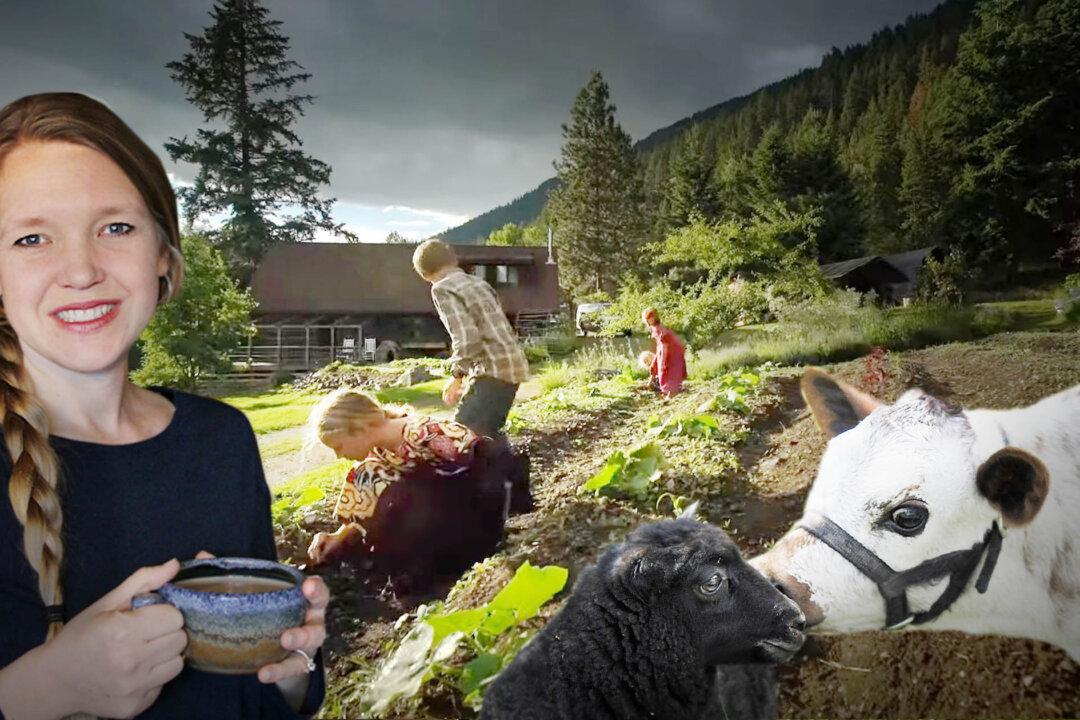Disclaimer: This article was published in 2022. Some information may no longer be current.
It was mainly for the well-being of their 10 children that Carolyn and Josh Thomas struck out to start their own family homestead 1,000 miles from their home.

It was mainly for the well-being of their 10 children that Carolyn and Josh Thomas struck out to start their own family homestead 1,000 miles from their home.